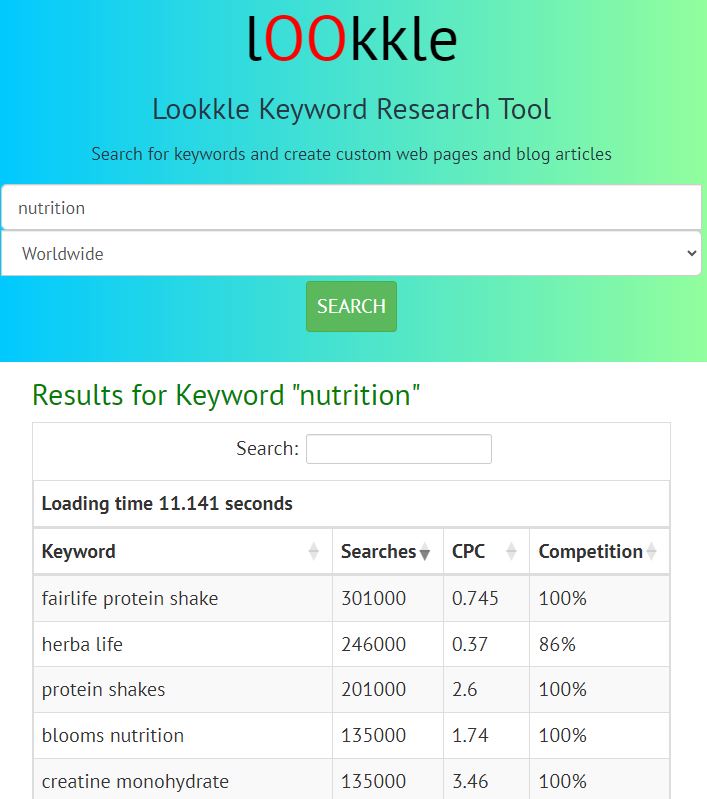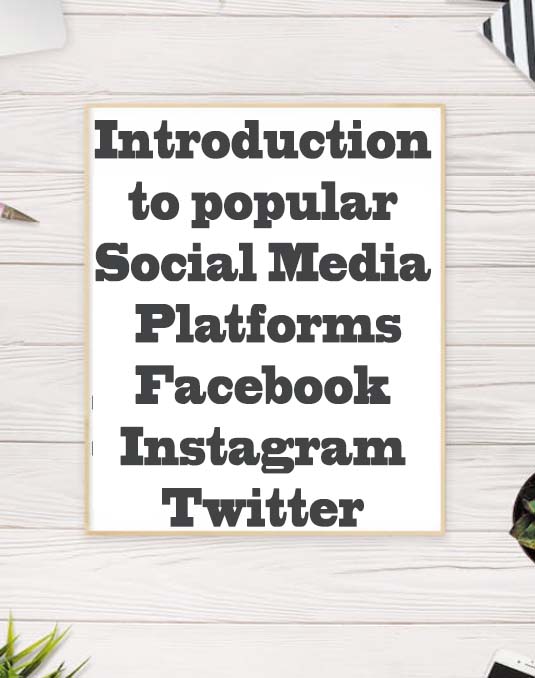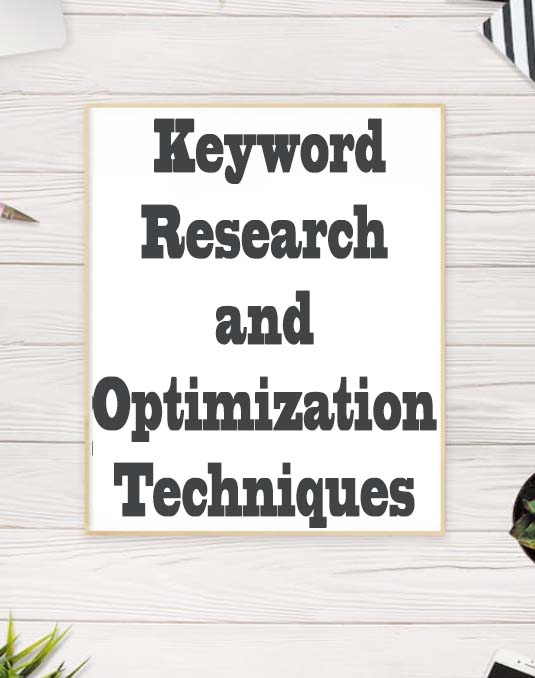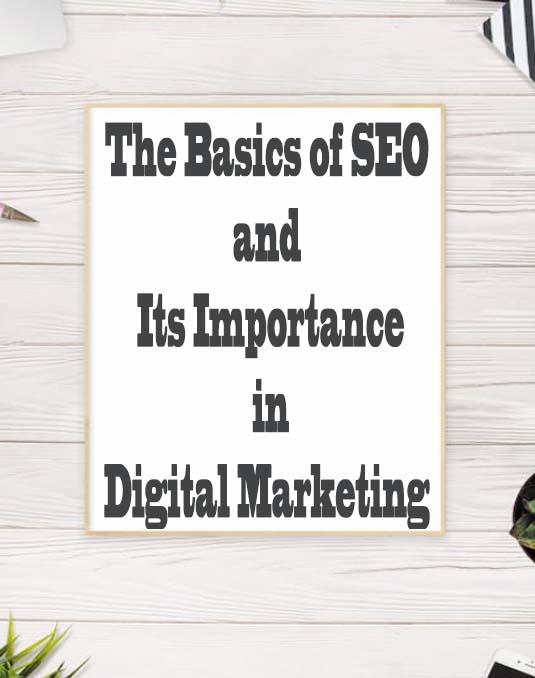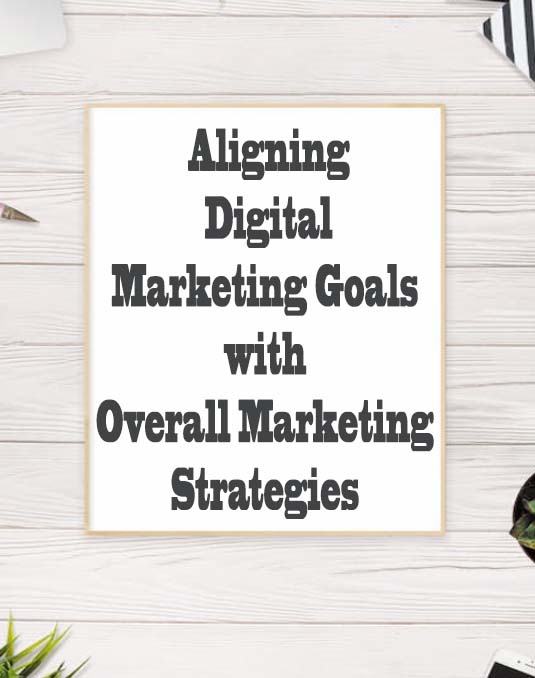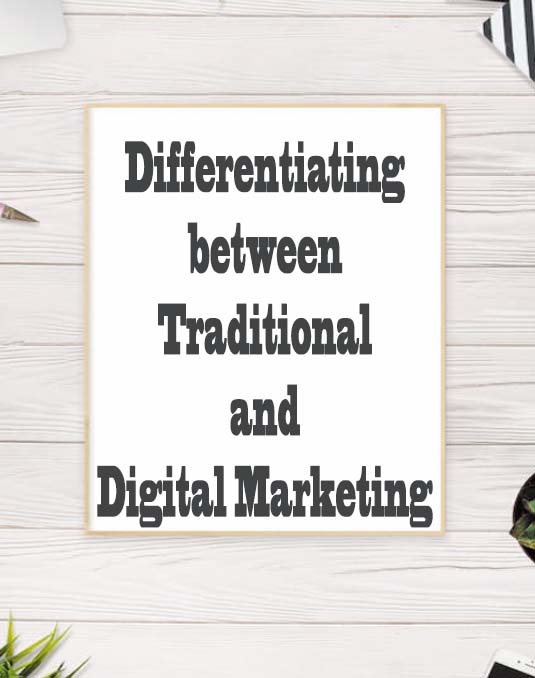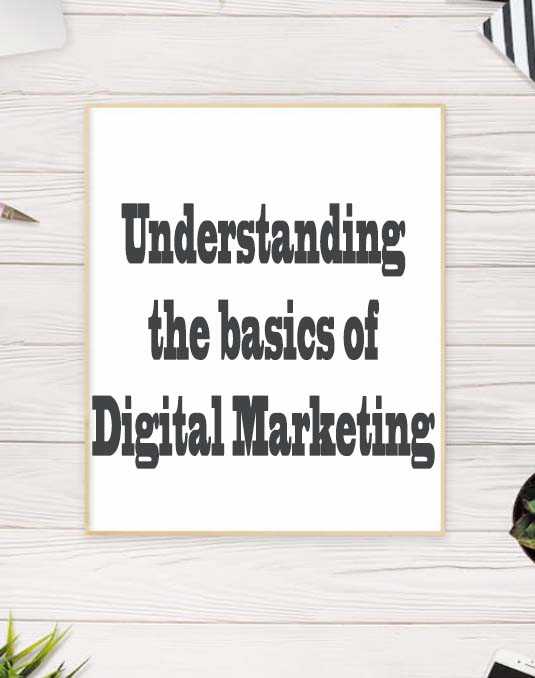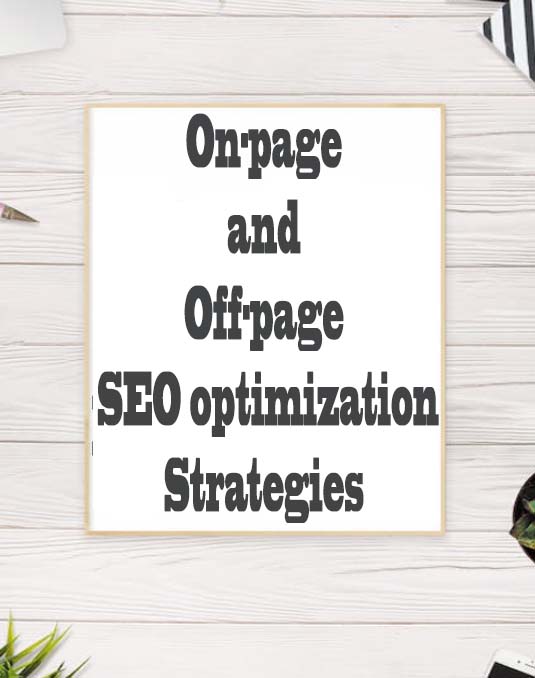
Unleashing the Power of On-Page and Off-Page Optimization Strategies. Introduction
In the ever-evolving digital landscape, Search Engine Optimization (SEO) stands as the holy grail for enhancing website visibility and driving organic traffic.
SEO comprises two essential components: On-Page and Off-Page Optimization.
This blog post aims to shed light on these crucial SEO strategies, enabling your website to rank higher in search engine result pages (SERPs) and bolster your online presence.
I. On-Page SEO Optimization: The Foundation for Success
On-Page SEO refers to optimizing elements within your website to improve its search engine rankings. Implementing the following strategies can help gain a competitive edge:
1. Keyword Research and Analysis
Identify relevant keywords using tools like Google Keyword Planner or lookkle keyword research. Incorporate these keywords into your website's content, meta tags, titles, and headings to ensure search engines understand its focus.
2. Quality Content Creation
Creating high-quality, relevant, and engaging content is key. Craft informative blog posts, articles, and landing pages that address your target audience's pain points. Include keywords naturally while maintaining readability.
3. Title Tags and Meta Descriptions
Craft compelling and concise title tags and meta descriptions that include keywords. Optimize their length according to search engine guidelines to improve click-through rates and generate more organic traffic.
4. Heading Tags and Content Structure
Organize your content using hierarchical heading tags (H1, H2, H3, etc.) which help search engines understand the content's hierarchy. Ensure headings accurately describe the content beneath them and make good use of target keywords.
5. Page URL Optimization
Structure your URLs to be descriptive and keyword-rich to enhance search engine visibility. Avoid using generic URLs like "www.example.com/page1" and include relevant keywords instead, such as "www.example.com/seo-optimization-strategies".
6. Image Optimization
Optimize images by using descriptive alt tags, file names, and appropriate image sizes, reducing page load times. Compress images without compromising quality, enabling search engines to understand and index them.
II. Off-Page SEO Optimization: Building Authority and Credibility
Off-Page SEO refers to actions taken outside of your website to improve its online reputation. Employing these strategies can boost your website's authority and credibility:
1. Link Building
Acquire high-quality backlinks from reputable and relevant websites to demonstrate your website's credibility to search engines. Guest blogging, contextual link placements, and influencer collaborations can aid in building these valuable links.
2. Social Media Engagement
Create a strong social media presence by sharing and promoting your website's content across various platforms. Engage with your audience, encourage social sharing, and build a community around your brand, enhancing online visibility.
3. Online Directories and Listings
Submit your website to reputable online directories and listings related to your industry. This enables search engines to associate your website with specific keywords, boosting your search rankings.
4. Influencer Marketing
Collaborate with industry influencers to create compelling content that brings their expertise to your audience. These partnerships create valuable external endorsements for your website and help expand your reach.
5. Online Reputation Management
Monitor and manage your online reputation by encouraging positive reviews and addressing negative feedback promptly. A positive online reputation builds trust with search engines and potential customers.
Conclusion
Mastering the art of SEO involves a holistic approach encompassing both on-page and off-page optimization strategies.
By implementing these tactics, you can enhance your website's visibility, increase organic traffic, and ultimately, boost your online success.
Remember, effective SEO optimization requires ongoing monitoring, testing, and adaptation to the ever-changing search engine algorithms. Stay ahead of the game by staying up-to-date with SEO best practices and trends.
Tips on SEO and Online Business
Next Articles
Previous Articles
